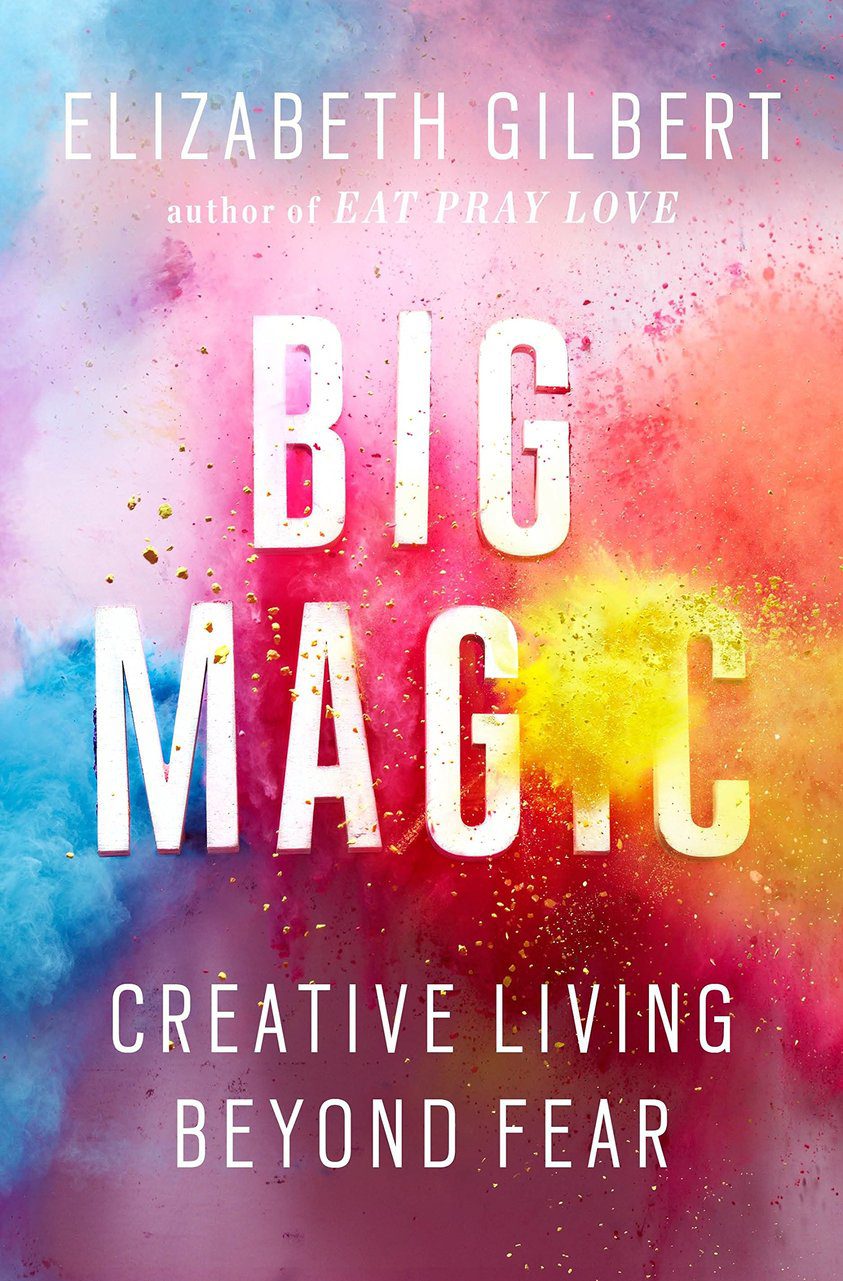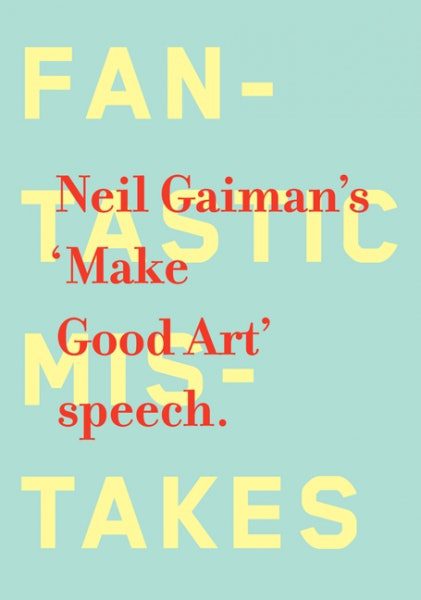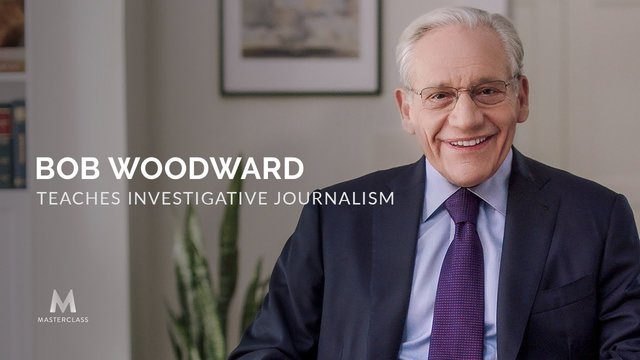It ain’t what they call you; it’s what you answer to. – W. C. Fields
Print | Kindle (eBook) | Audiobook
In Big Magic: Creative Living Beyond Fear, Elizabeth Gilbert, shares some great insights on how to live life as a creative, the ups and downs, dealing with fear, overcoming self-doubt, avoiding perfectionism, and giving your self the permission to be creative by doing great work every day.
The book has six sections: Courage, Enchantment, Permission, Persistence, Trust, and Divinity. Elizabeth followed up the book with her Magic Lessons podcast, where she interviews famous creatives such as Neil Gaiman, Brene Brown, Sarah Jones, among others.
Here are my favorite take aways from reading Big Magic by Elizabeth Gilbert:
What is creativity?
The relationship between a human being and the mysteries of inspiration.
- Pure creativity is magnificent expressly because it is the opposite of everything else in life that’s essential or inescapable (food, shelter, medicine, rule of law, social order, community and familial responsibility, sickness, loss, death, taxes, etc.).
- Pure creativity is something better than a necessity; it’s a gift. It’s the frosting. Our creativity is a wild and unexpected bonus from the universe. It’s as if all our gods and angels gathered together and said, “It’s tough down there as a human being, we know. Here—have some delights.”
On Courage: The Big Magic
The central question upon which all creative living hinges:
Do you have the courage to bring forth the treasures that are hidden within you?
- The universe buries strange jewels deep within us all, and then stands back to see if we can find them. The hunt to uncover those jewels—that’s creative living. The courage to go on that hunt in the first place—that’s what separates a mundane existence from a more enchanted one. The often surprising results of that hunt is the Big Magic.
Fear and Creativity
Argue for your limitations and you get to keep them.
- Fear is a deeply ancient instinct, in other words, and an evolutionarily vital one . . . but it ain’t especially smart.
- Creativity is a path for the brave, yes, but it is not a path for the fearless, and it’s important to recognize the distinction.
Bravery means doing something scary.
Fearlessness means not even understanding what the word scary means.
- The truth is, you need your fear, for obvious reasons of basic survival. Evolution did well to install a fear reflex within you, because if you didn’t have any fear, you would lead a short, crazy, stupid life. You would walk into traffic.
- So, yes, you absolutely do need your fear, in order to protect you from actual dangers like the ones I’ve listed above. But you do not need your fear in the realm of creative expression.
- Your fear will always be triggered by your creativity, because creativity asks you to enter into realms of uncertain outcome, and fear hates uncertain outcome. Your fear—programmed by evolution to be hypervigilant and insanely overprotective—will always assume that any uncertain outcome is destined to end in a bloody, horrible death.
Your life is short and rare and amazing and miraculous, and you want to do really interesting things and make really interesting things while you’re still here.
Where Ideas come from
- Ideas are a disembodied, energetic life-form. They are completely separate from us, but capable of interacting with us—albeit strangely. Ideas have no material body, but they do have consciousness, and they most certainly have will. Ideas are driven by a single impulse: to be made manifest.
- And the only way an idea can be made manifest in our world is through collaboration with a human partner. It is only through a human’s efforts that an idea can be escorted out of the ether and into the realm of the actual.
- Therefore, ideas spend eternity swirling around us, searching for available and willing human partners.
Inspiration will always try its best to work with you—but if you are not ready or available, it may indeed choose to leave you and to search for a different human collaborator.
The Burden of Success
- When artists are burdened with the label of “genius, they usually lose the ability to take themselves lightly, or to create freely.
- Consider Harper Lee, for instance, who wrote nothing for decades after the phenomenal success of To Kill a Mockingbird. In 1962, when Lee was asked how she felt about the possibility of ever writing another book, she replied, “I’m scared.” She also said, “When you’re at the top, there’s only one way to go.
Your Permission Slip
You do not need anybody’s permission to live a creative life.
- Let inspiration lead you wherever it wants to lead you. Keep in mind that for most of history people just made things, and they didn’t make such a big freaking deal out of it.
- Defending yourself as a creative person begins by defining yourself. It begins when you declare your intent. Stand up tall and say it aloud, whatever it is:
- I’m a writer. I’m a singer. I’m an actor. I’m a gardener. I’m a dancer. I’m an inventor. I’m a photographer. I’m a chef. I’m a designer.
Your Teachers
They live on the shelves of your library; they live on the walls of museums; they live in recordings made decades ago.
- Aspiring writers are lucky in a way, because writing is such a private (and cheap) affair and always has been. With other creative pursuits, admittedly it’s trickier and can be far more costly. Strict, supervised training can be essential if you want to be, for instance, a professional opera singer, or a classical cellist. For centuries, people have studied at music conservatories, or dance or art academies.
- Many marvelous creators have emerged from such schools over time. Then again, many other marvelous creators did not. And many talented people acquired all that magnificent education, but never put it into practice
On Keeping a day Job
- There’s no dishonor in having a job. What is dishonorable is scaring away your creativity by demanding that it pay for your entire existence. This is why, whenever anyone tells me they’re quitting their day job in order to write a novel, my palms get a little sweaty. This is why, when anyone tells me that their plan for getting out of debt is to sell their first screenplay, I’m like, Yikes.
A good plan violently executed now is better than a perfect plan executed next week.- General George Patton
On Perfection
So many of us believe in perfection, which ruins everything else, because the perfect is not only the enemy of the good; it’s also the enemy of the realistic, the possible, and the fun.- Rebecca Solnit
- Perfectionists often decide in advance that the end product is never going to be satisfactory, so they don’t even bother trying to be creative in the first place.
- The most evil trick about perfectionism, though, is that it disguises itself as a virtue.
- Perfection is a high-end, haute couture version of fear. I think perfectionism is just fear in fancy shoes and a mink coat, pretending to be elegant when actually it’s just terrified.
The most evil trick about perfectionism, though, is that it disguises itself as a virtue.
Move On
- Whatever you do, try not to dwell too long on your failures. You don’t need to conduct autopsies on your disasters. You don’t need to know what anything means. Remember: The gods of creativity are not obliged to explain anything to us. Own your disappointment, acknowledge it for what it is, and move on.
- Chop up that failure and use it for bait to try to catch another project. Someday it might all make sense to you—why you needed to go through this botched-up mess in order to land in a better place. Or maybe it will never make sense.”
All the best in your quest to get better. Don’t Settle: Live with Passion.



1 Comment
Pingback: Top 30 Quotes on Creativity. | Lanre Dahunsi